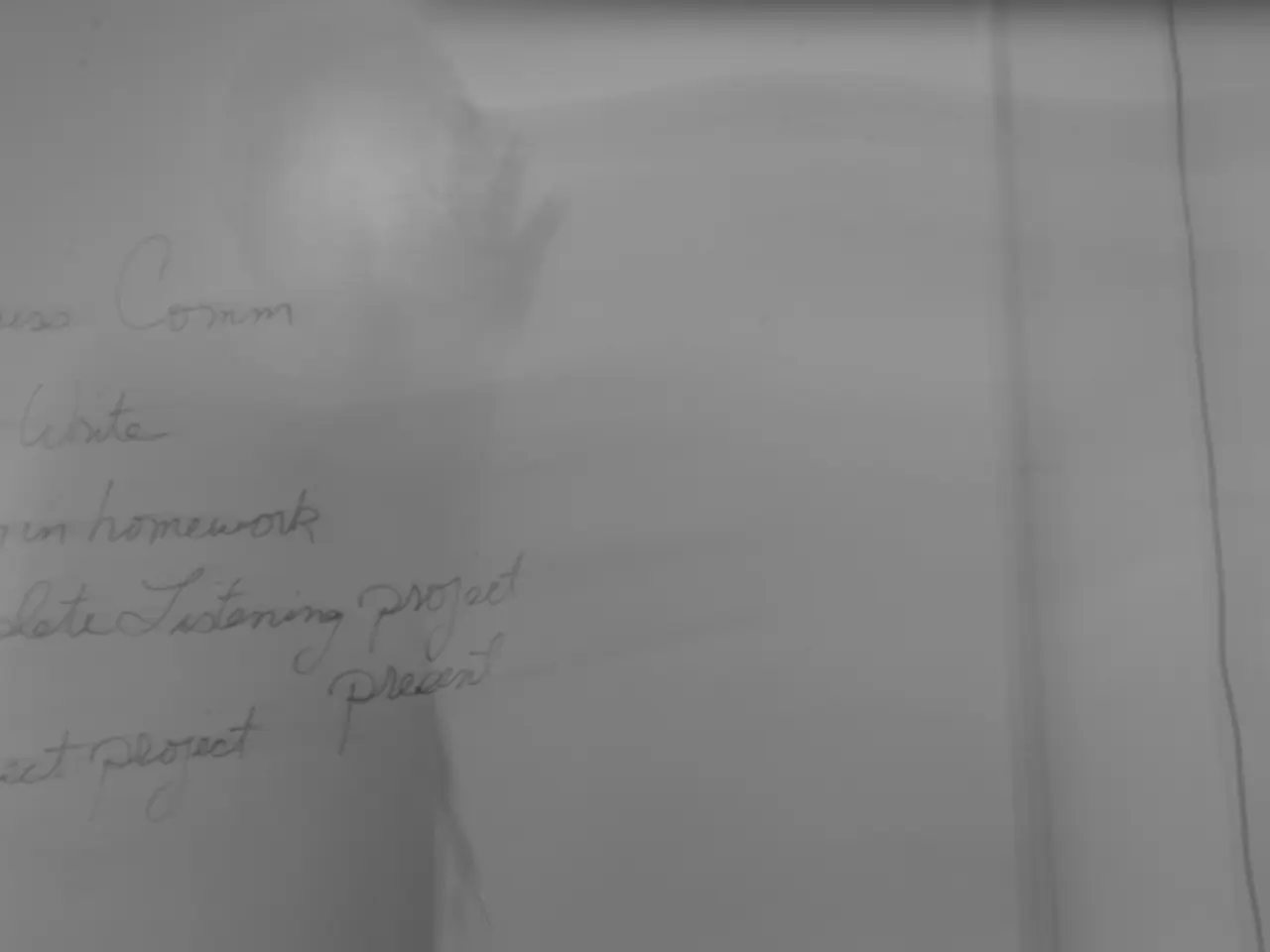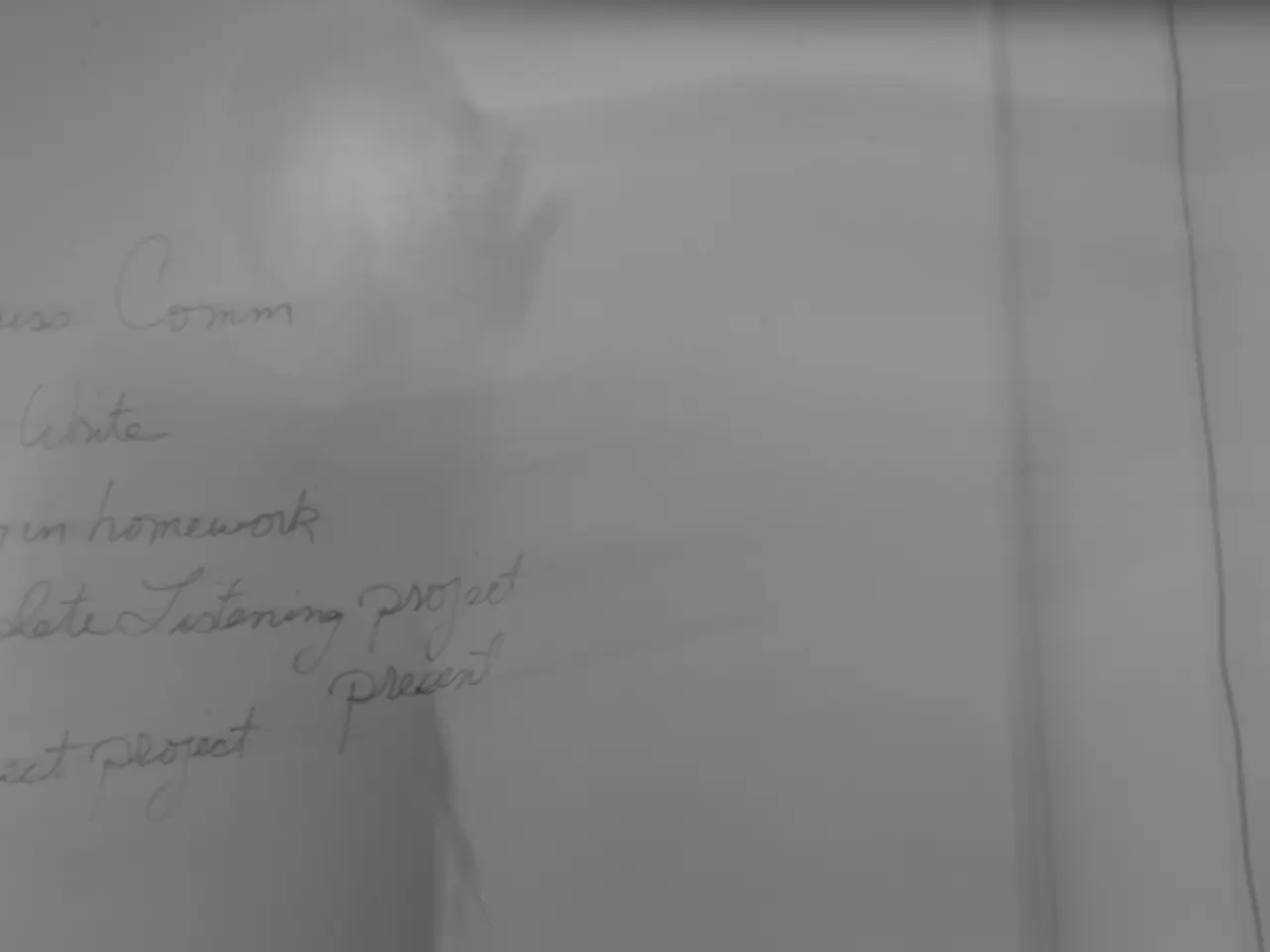Adminstration Under Hochul Criticized for Delays in Implementing New York's Climate Regulations by Judge
================================================================================
New York's climate policy is facing a significant challenge as four environmental and climate justice groups have taken the state to court over the delay in implementing the "cap and invest" emissions policy. The lawsuit, which is currently underway in state court, revolves around the state's alleged failure to comply with the Climate Leadership and Community Protection Act (CLCPA) and its mandate to cut greenhouse gas emissions.
The CLCPA, enacted in 2019, requires the state to issue regulations by 2024 to achieve steep emissions cuts starting this decade. However, as of mid-2025, no draft or final "cap and invest" regulations have been released, missing the January 1, 2024 deadline. The plaintiffs argue that this delay and the state's inaction amount to "stonewalling necessary climate action" and extend harmful exposures, particularly in disadvantaged communities.
Governor Kathy Hochul's decision in January was to shelve the cap and invest policy, which was expected to be her signature policy to implement New York's climate law. The administration has defended its delay and deviations from the original climate law requirements, arguing the need to “get this right” before moving forward, suggesting a readiness to argue for leniency or delay in court.
The state has cited practical difficulties created by the federal administration, economic disruption due to the pandemic, and new resistance from the federal government as reasons for the delay. However, the state Department of Environmental Conservation (DEC) has been accused of not being excused from complying with the state climate law. Judge Julian Schreibman, presiding over the case, has expressed skepticism about the state DEC's claim that it cannot implement climate regulations due to external factors.
The outcome of this lawsuit is significant as it is the first to challenge New York's enforcement of the core CLCPA mandates. If Judge Schreibman rules in favor of the plaintiffs, it could potentially lead to a strict order that New York complies with its climate law. If the state were to appeal the case, it could potentially drag on for months or more, possibly past Governor Hochul's reelection bid in 2022 and as far as 2027.
Rachel Spector, a lead attorney for the plaintiffs, expressed optimism about the hearing. Judge Schreibman indicated that he is likely to rule that New York is breaking its climate law. The DEC, on the other hand, has suggested that it might be ready to reopen the carbon pricing discussion around 2027.
The state has listed a variety of efforts it has made to address climate change, including a new $1 billion fund put in this year's budget. However, these efforts do not seem to have assuaged the concerns of the climate groups, who argue that the state is not doing enough to combat climate change and is violating the CLCPA.
This lawsuit is notable as the first to challenge New York's enforcement of the core CLCPA mandates, and its outcomes will likely influence both New York’s climate policy trajectory and serve as a potential model for other states.
- The lawsuit, currently underway in New York's state court, centers around the state's delay in implementing the "cap and invest" emissions policy, which allegedly violates the Climate Leadership and Community Protection Act (CLCPA) and its mandate to cut greenhouse gas emissions.
- If Judge Schreibman rules in favor of the plaintiffs, it could potentially lead to a strict order that New York complies with its climate law, altering the state's climate policy trajectory.
- The state has listed a new $1 billion fund in this year's budget as one of its efforts to address climate change, yet climate groups remain unconvinced, contending that the state is not doing enough to combat climate change.
- The DEC has suggested that it might be ready to reopen the carbon pricing discussion around 2027, indicating potential future considerations in New York's climate-change policy-and-legislation.
- Governor Kathy Hochul's decision to shelve the cap and invest policy has faced criticism, with plaintiffs arguing that her administration's delay and deviations from the original climate law requirements amount to "stonewalling necessary climate action."
- The lawsuit, considered the first to challenge New York's enforcement of the core CLCPA mandates, could serve as a potential model for other states, influencing their environmental-science policies and general news regarding climate-change politics.








